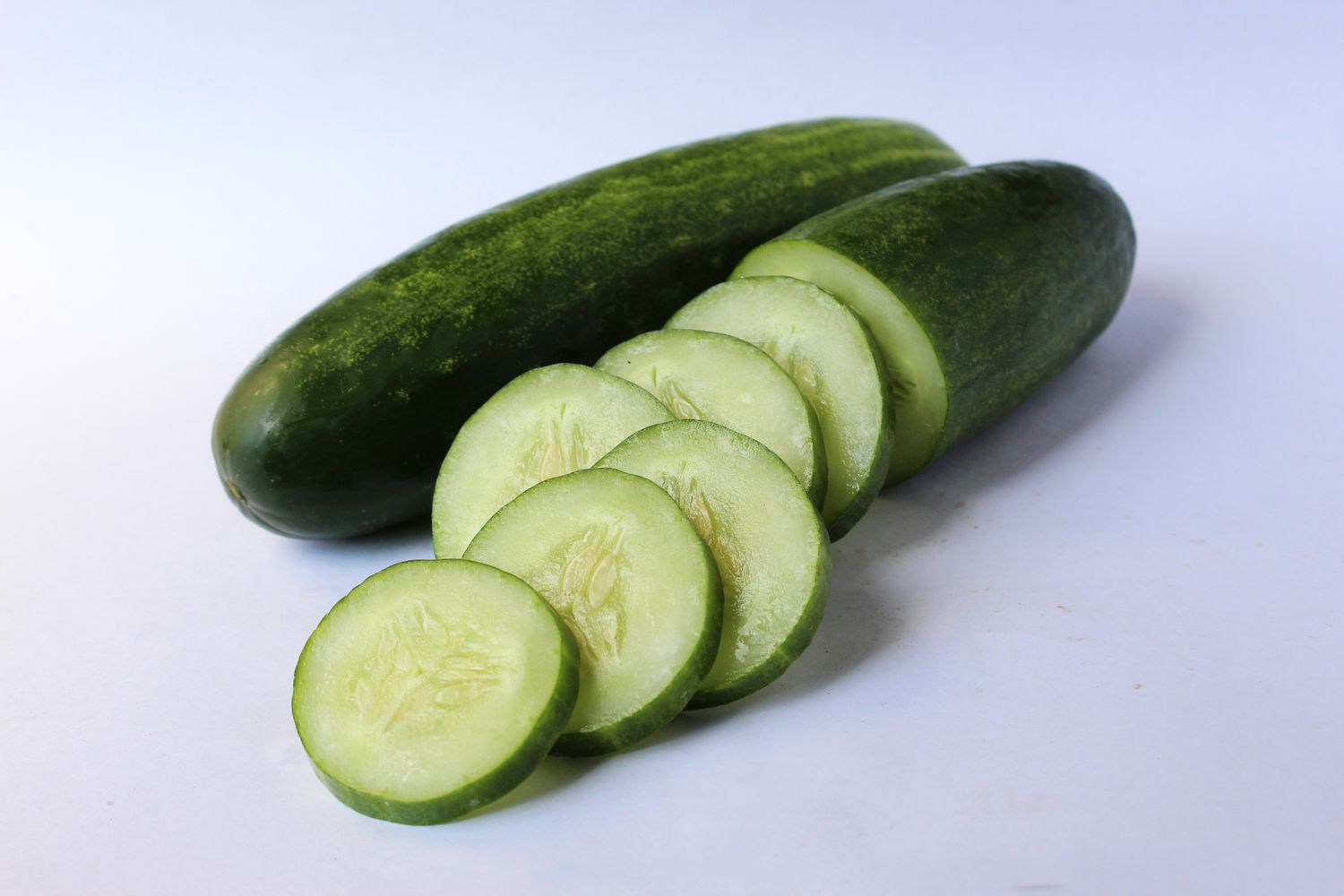FDA Recalls Whole Cucumbers for Salmonella Risk

The Food and Drug Administration (FDA) announced a recall of cucumbers distributed in 14 states over concerns of Salmonella contamination.
This announcement was made on Saturday and pertains to cucumbers shipped by Fresh Start Produce Sales Inc., a wholesale produce company based in Florida. These potentially tainted cucumbers were dispatched in large cartons from May 17 to May 21 to wholesalers, retail distribution centers, and food service distributors in Alabama, Florida, Georgia, Illinois, Maryland, North Carolina, New Jersey, New York, Ohio, Pennsylvania, South Carolina, Tennessee, Virginia, and West Virginia.
The FDA disclosed that the recalled cucumbers are dark green, approximately 1.5 to 2 inches in diameter and 5 to 9 inches long. Mini cucumbers and English cucumbers distributed by Fresh Start Produce Sales Inc. are not part of the recall.
The recall was initiated after a cucumber sample tested positive for Salmonella in a test conducted by the Pennsylvania Department of Agriculture. The FDA is now examining the genome of the bacteria to determine if there's a link to an ongoing Salmonella outbreak. The cause of the contamination is yet to be determined.
As of now, the FDA has not received any reports of illness related to the recalled cucumbers. Fresh Start Produce Sales Inc. has reached out to its retail customers, requesting that they withdraw the potentially contaminated cucumbers from shelves and inform consumers about the recall.
A spokesperson for Fresh Start Produce Sales emphasised the importance of consumer health and safety. The spokesperson informed Health that upon discovering the issue, the company promptly asked customers to remove any remaining inventory from the market. They added that consumers should avoid eating the recalled product if in doubt, given the vegetable's 10 to 12-day shelf life.
Customers who think they might have purchased the possibly contaminated cucumbers are advised to either throw them away or return them for a refund.
If consumers, particularly those living in one of the affected states, are uncertain about a cucumber's recall status, the FDA recommends checking with the store where the vegetable was purchased.
Salmonella contamination is common in raw poultry, meat and eggs, which is why these foods should be appropriately cooked to kill any existing bacteria. However, fruits and vegetables, being consumed raw more often, are more likely to transmit illness if contaminated.
In this case, the FDA did not reveal how the cucumbers were contaminated with Salmonella. Darin Detwiler, PhD, author and associate teaching professor of food policy at Northeastern University, likened the process to contaminated irrigation water infiltrating the vegetables at various stages of growth and processing.
Consuming contaminated food could lead to a Salmonella infection or salmonellosis, which affects around 1.35 million people in the U.S. annually, according to the Centers for Disease Control and Prevention (CDC).
While most salmonellosis cases are mild, causing symptoms like diarrhea, fever, and stomach pain for about a week, they can be severe or even fatal in some individuals. Young individuals, older adults, and those with compromised immune systems are most vulnerable.
Due to Fresh Start Produce Sales' lack of a product or lot code in the recall notice, identifying the potentially contaminated cucumbers can be challenging. Detwiler advises those susceptible to severe Salmonella infections to avoid cucumbers, especially if they reside in one of the affected states until more information comes to light.
Good food safety habits, such as cleaning hands and utensils, separating raw meat from other foods, cooking food to safe temperatures, and storing food at cold temperatures, can lower the risk of Salmonella infection, according to the CDC. Apart from keeping an eye on food recalls, people should buy produce from trustworthy suppliers and wash it under running water before consumption to reduce salmonellosis risk from raw produce.




